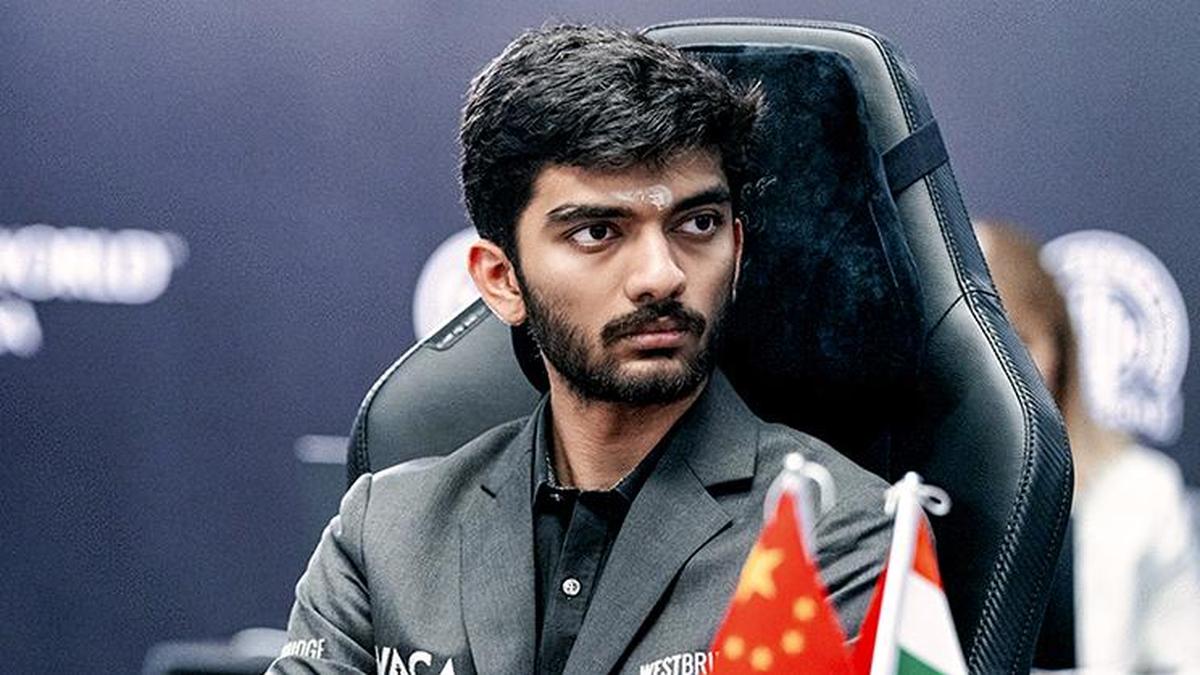
The United States’ increasingly aggressive use of sanctions as a foreign policy tool is creating unintended consequences on the global stage. While Washington aims to isolate adversaries and deter specific behaviors, these measures are potentially pushing key partners, particularly India, further into the orbit of Russia and China. India, a nation vital to US strategic interests in the Indo-Pacific, is finding itself in a precarious position, forced to balance its relationship with the West against its long-standing ties with Russia and its growing economic dependence on China. The tightening grip of US sanctions on Russia is accelerating this delicate balancing act, raising concerns about a potential realignment of geopolitical power.
US Sanctions: India’s Russia Embrace Tightens?
India’s historical and strategic relationship with Russia, primarily centered around defense and energy, has deepened in the face of Western sanctions. Despite pressure from Washington, New Delhi has steadfastly refused to condemn Russia’s actions in Ukraine and has continued to import Russian oil, albeit at discounted prices. This stance, while criticized by some in the West, is rooted in India’s need to secure its energy security and maintain its military readiness, heavily reliant on Russian-supplied equipment.
The increasing frequency and scope of US sanctions on Russia are inadvertently pushing India to strengthen its economic and strategic ties with Moscow. As Western companies withdraw from Russia, Indian firms are stepping in to fill the void, expanding trade and investment. This burgeoning partnership provides Russia with a crucial lifeline, while simultaneously solidifying India’s dependence on a sanctioned nation, potentially exposing it to secondary sanctions.
India-Russia Axis: Is Washington Pushing Too Hard?
Washington’s strategy of using sanctions to isolate Russia is facing a significant challenge in the form of India’s continued engagement. The question arises: is the US pushing too hard, potentially alienating a crucial ally in its efforts to contain China? India’s strategic autonomy and its commitment to non-alignment make it resistant to external pressure, particularly when it perceives its national interests to be at stake.
The US needs to carefully consider the long-term implications of its sanctions policy on its relationship with India. While Washington aims to punish Russia, it risks inadvertently driving India closer to Moscow, undermining its own strategic goals in the Indo-Pacific. A more nuanced approach, one that recognizes India’s unique circumstances and strategic priorities, is crucial to maintaining a strong and cooperative partnership.
Sanctions Fallout: India’s Strategic Shift to Moscow
The fallout from US sanctions on Russia is becoming increasingly evident in India’s strategic calculations. Faced with limited alternatives and a growing need for affordable energy and defense equipment, New Delhi is gravitating towards Moscow. This shift, while not a complete abandonment of its Western partners, represents a recalibration of its foreign policy priorities.
This strategic realignment is fueled by a perception in India that the US is prioritizing its own interests over the needs of its allies. The imposition of sanctions without adequate consultation or consideration for India’s vulnerabilities has created a sense of resentment and mistrust. This, in turn, is making India more receptive to deepening its ties with Russia, despite the potential risks.
US Sanctions Risk Alienating Key Ally India
The United States’ reliance on sanctions as a primary foreign policy tool is creating a significant risk of alienating a key ally in the Indo-Pacific: India. New Delhi views Washington’s approach as overly prescriptive and insensitive to its own strategic needs and vulnerabilities. This perception is undermining the trust and cooperation that has been painstakingly built over the past two decades.
The potential consequences of alienating India are far-reaching. A weakened US-India relationship would embolden China, destabilize the Indo-Pacific region, and undermine Washington’s efforts to maintain a balance of power. The US needs to adopt a more nuanced and collaborative approach, one that recognizes India’s strategic autonomy and its vital role in regional security.
India’s Russia Ties Grow Amid US Sanctions Pressure
Despite mounting pressure from the United States and its allies, India’s ties with Russia continue to grow. Trade between the two countries has surged, particularly in the energy sector, as India seeks to secure affordable oil supplies amidst rising global prices. This growing economic interdependence is further cementing the strategic partnership between New Delhi and Moscow.
The resilience of the India-Russia relationship in the face of US sanctions pressure highlights the limitations of Washington’s coercive diplomacy. India’s commitment to its own national interests, coupled with its historical ties with Russia, makes it resistant to external pressure. This underscores the need for the US to adopt a more nuanced and understanding approach towards India’s foreign policy.
Washington’s Sanctions: A Boon for Russia in India?
Paradoxically, Washington’s sanctions on Russia may be proving to be a boon for Moscow in India. As Western companies withdraw from the Russian market, Indian firms are stepping in to fill the void, expanding trade and investment. This provides Russia with a crucial economic lifeline and strengthens its ties with a major global power.
Furthermore, the discounted prices at which Russia is offering oil and other commodities to India are making it an attractive trading partner. This allows India to mitigate the impact of rising global energy prices and maintain its economic growth trajectory. In effect, US sanctions are inadvertently creating new opportunities for Russia in the Indian market.
Losing India? US Sanctions Fuel Russia Partnership
The question looming over Washington is whether its sanctions policy is inadvertently leading to the loss of India as a key strategic partner. By pushing India into a corner, the US is fueling the Russia-India partnership and undermining its own efforts to contain China. The long-term consequences of this trend could be significant.
To avoid losing India, the US needs to reassess its approach to sanctions and adopt a more collaborative and understanding stance. This requires engaging in open dialogue with New Delhi, taking into account its strategic priorities, and offering viable alternatives to its dependence on Russia. Failure to do so risks further alienating India and strengthening the Russia-China axis.
India’s Defiance: Russia Trade Thrives Under Fire
India’s defiance of Western pressure on Russia is evident in the thriving trade relationship between the two countries. Despite the risk of secondary sanctions, Indian companies are actively engaging with Russian counterparts, particularly in the energy, defense, and agricultural sectors. This demonstrates India’s commitment to its own national interests and its willingness to challenge the US-led global order.
The resilience of the India-Russia trade relationship underscores the limitations of unilateral sanctions as a foreign policy tool. While sanctions can exert pressure on targeted countries, they often have unintended consequences and can be circumvented by nations seeking to pursue their own interests. This highlights the need for a more multilateral and coordinated approach to sanctions, one that takes into account the perspectives and needs of all stakeholders.
The United States faces a critical juncture in its relationship with India. Its reliance on sanctions as a foreign policy tool is creating unintended consequences, potentially pushing India further into the orbit of Russia and China. A more nuanced and collaborative approach is needed, one that recognizes India’s strategic autonomy and its vital role in regional security. Failure to adapt risks undermining US strategic interests in the Indo-Pacific and accelerating the shift towards a multipolar world order. The challenge for Washington is to find a way to balance its desire to punish Russia with the need to maintain a strong and cooperative partnership with India, a nation crucial to its long-term strategic goals.







